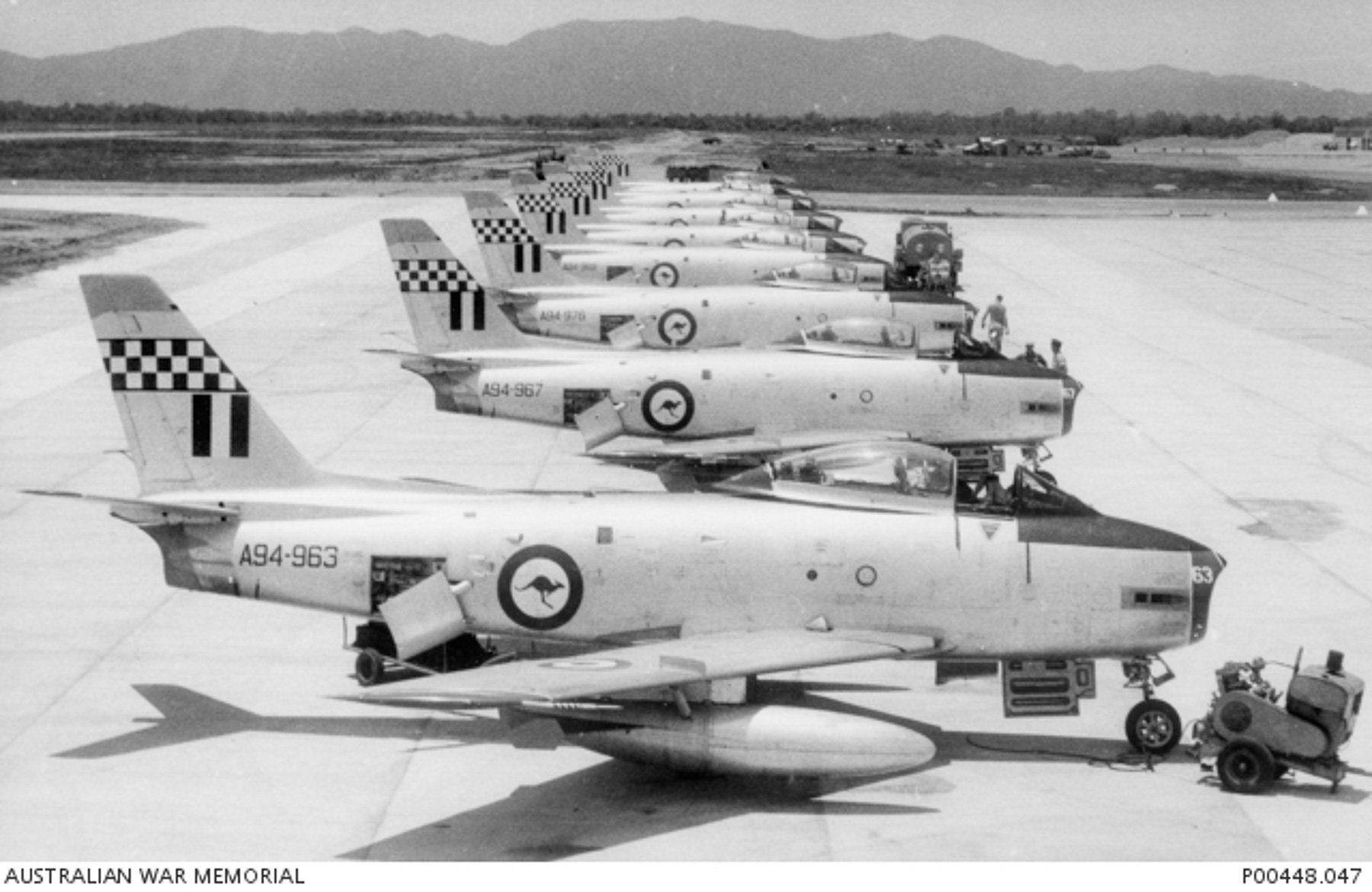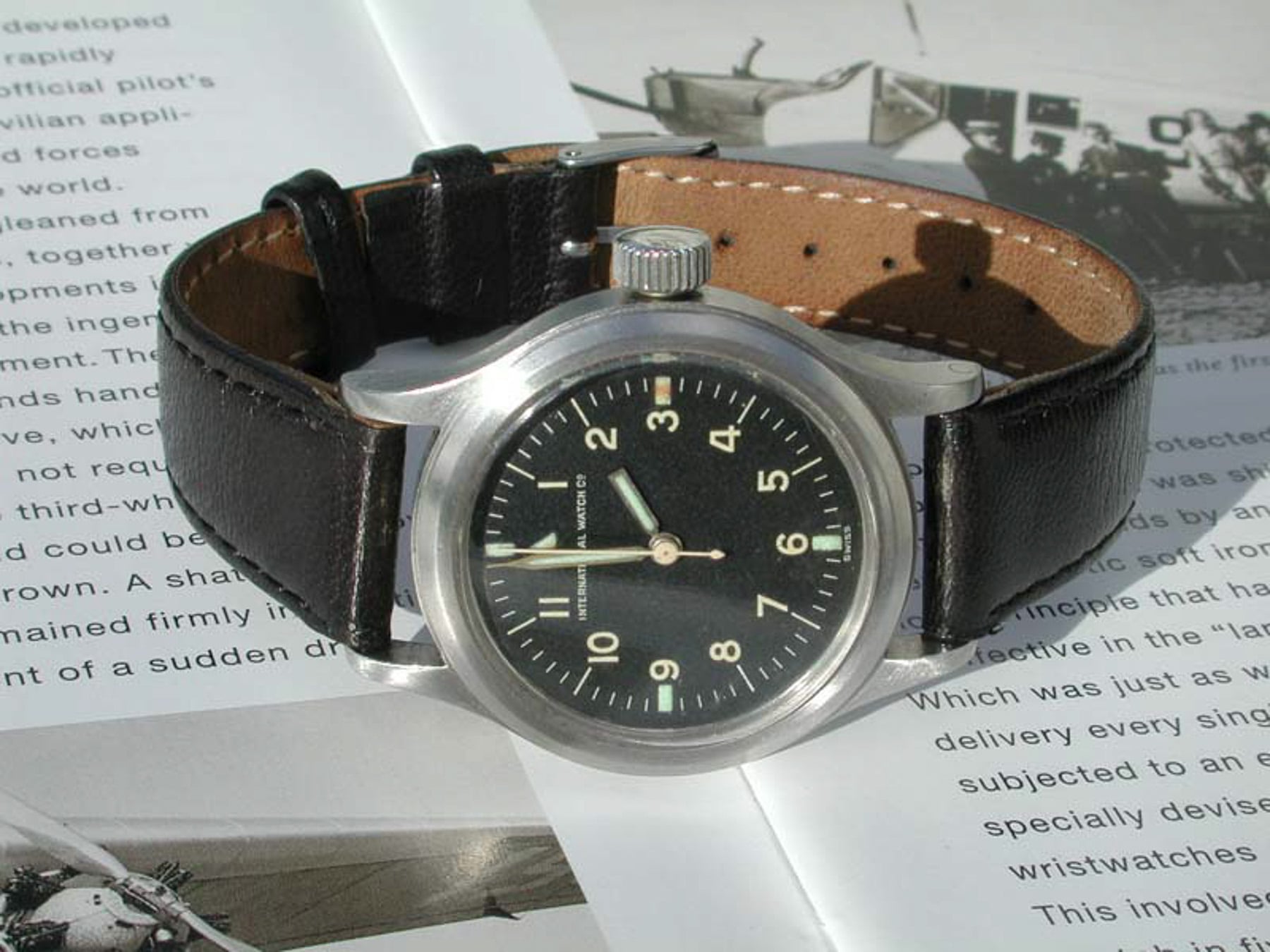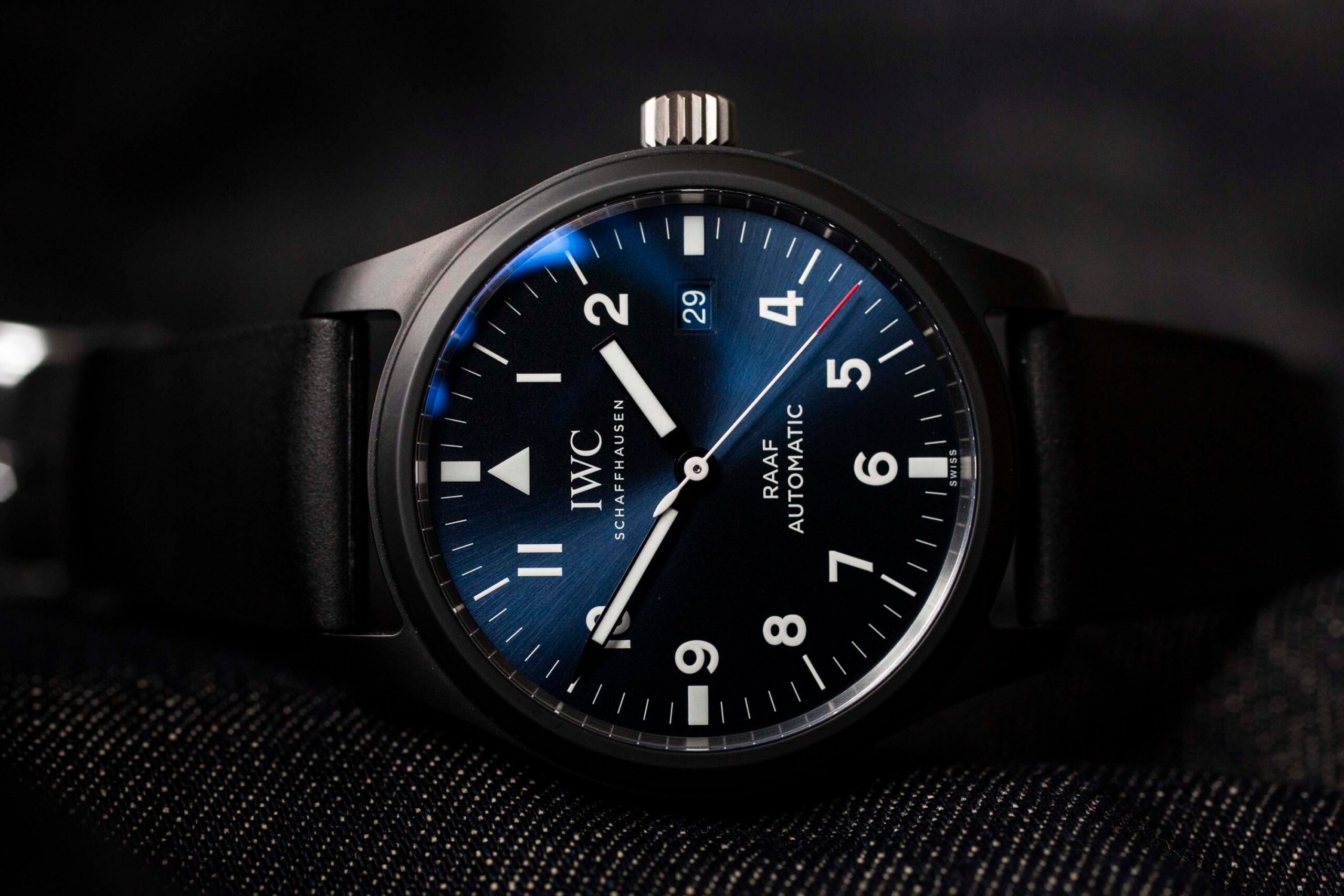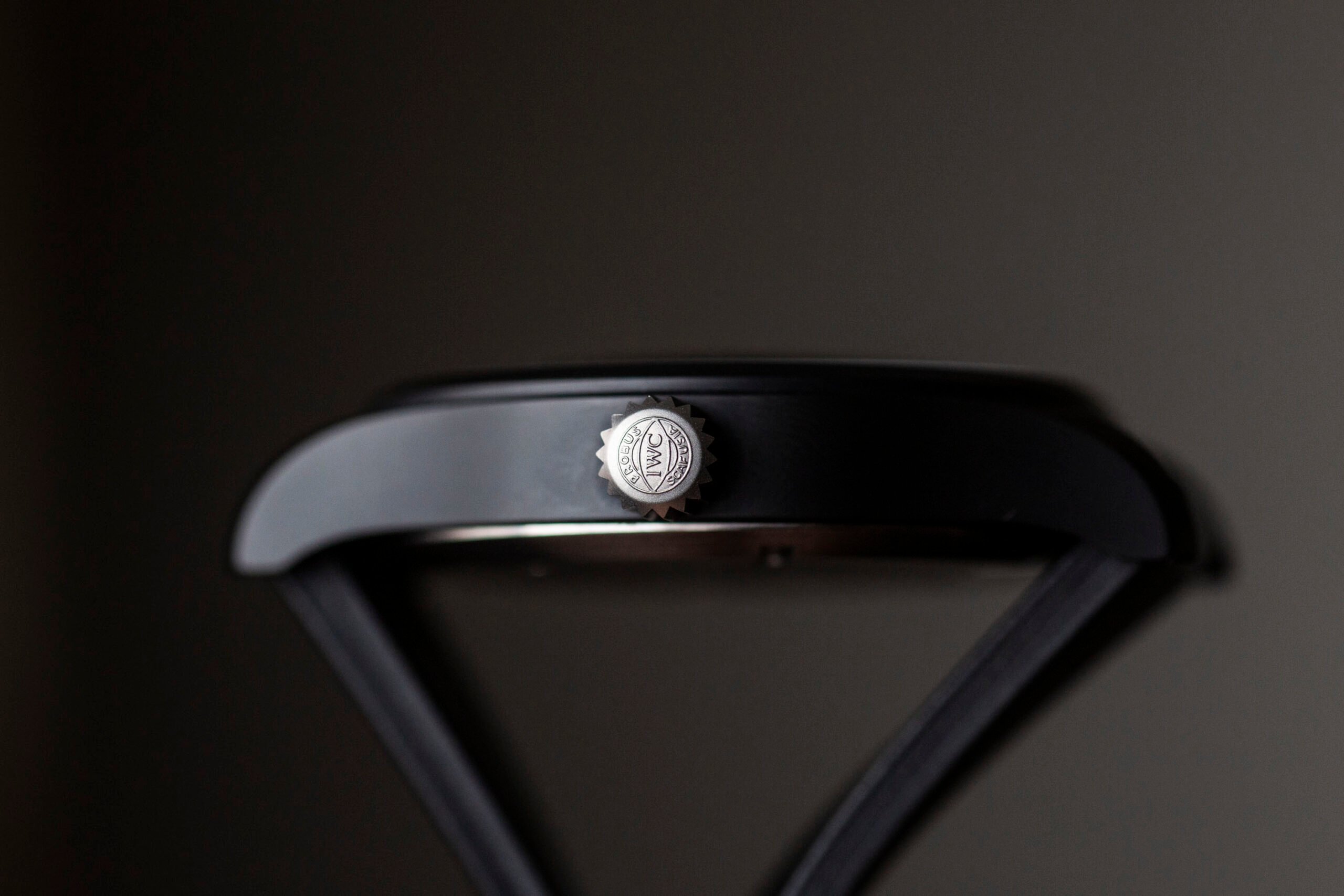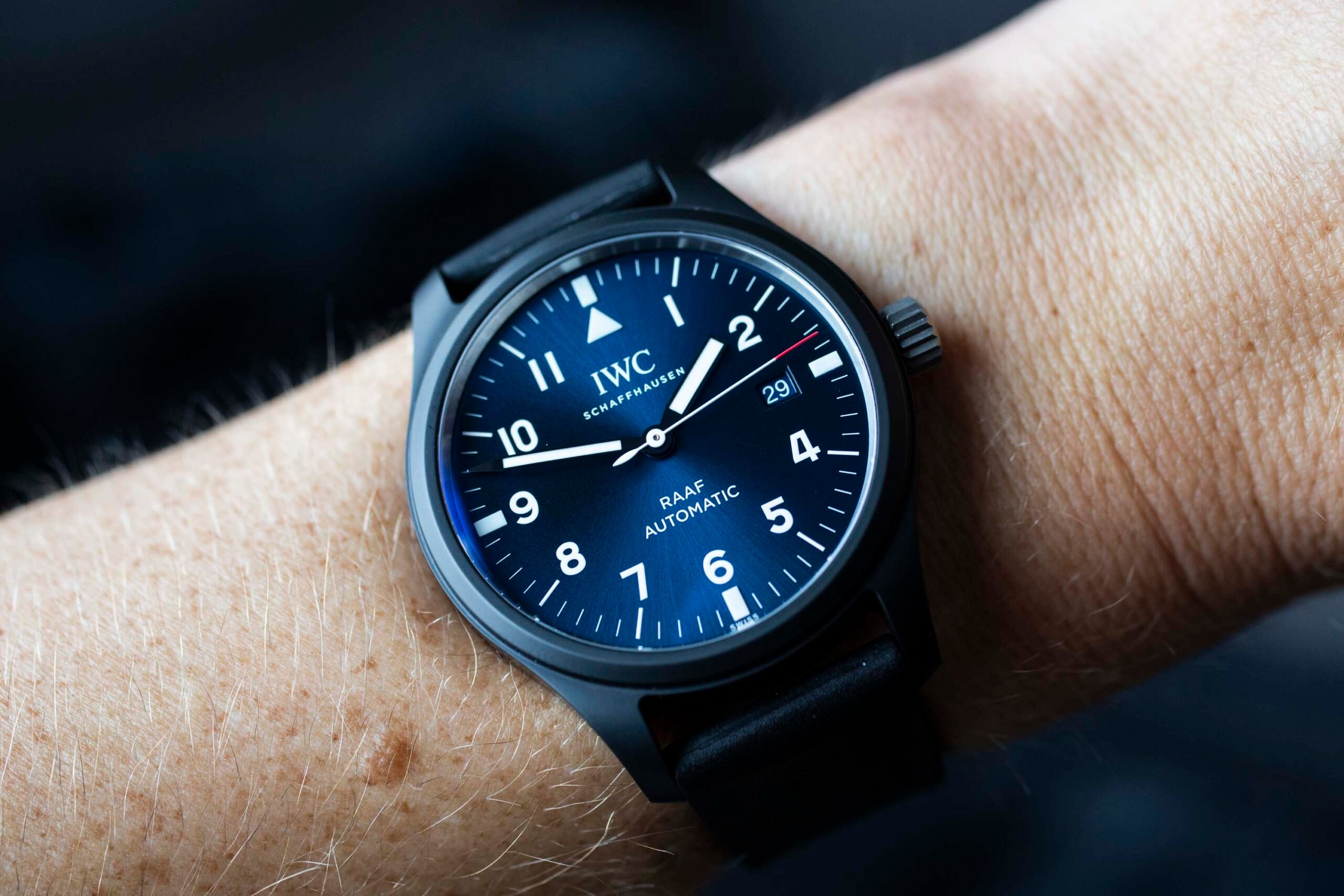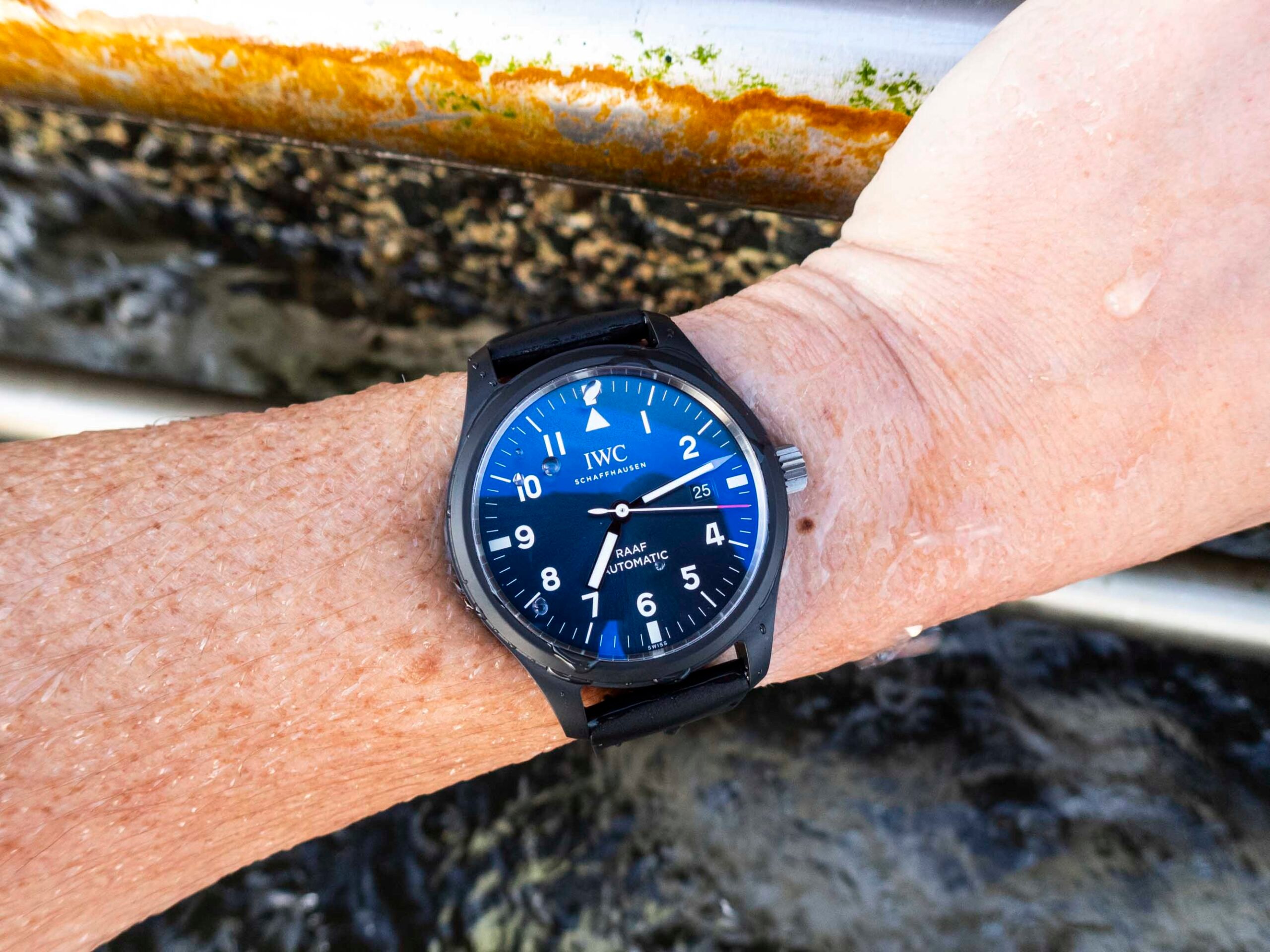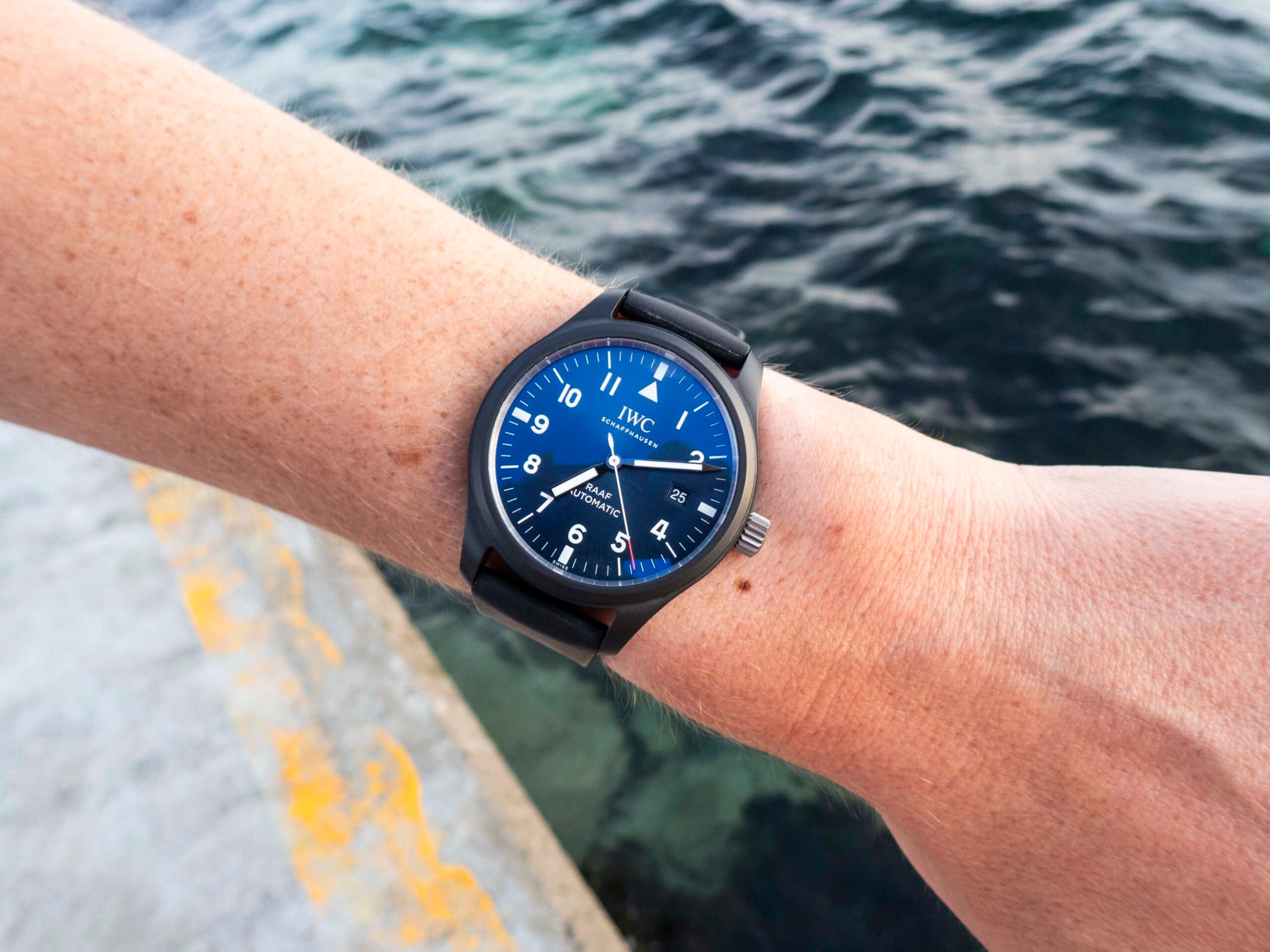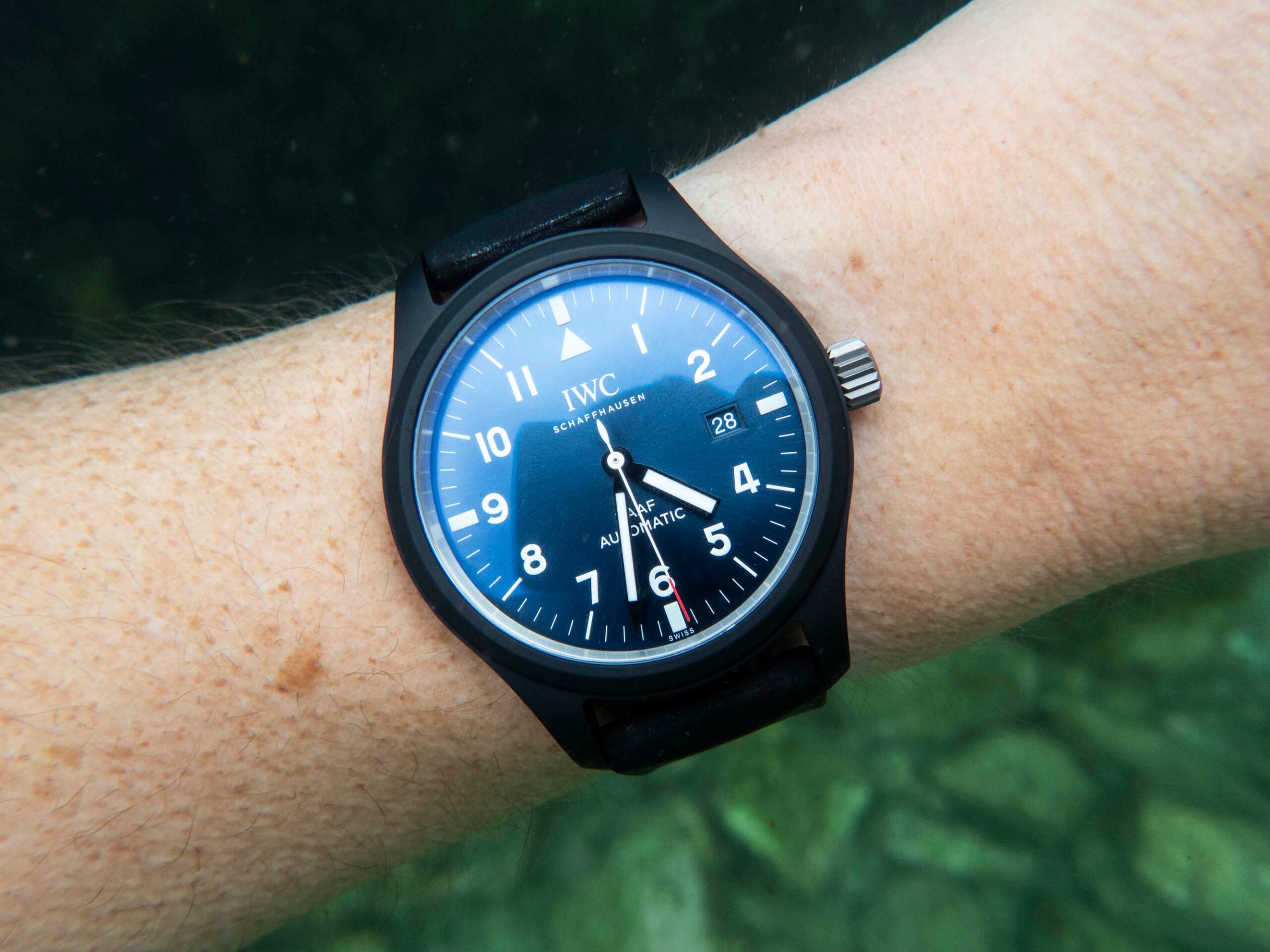The IWC RAAF Watch Is A Reminder Of The Brand’s Rich Past
Earlier this year, I wrote about a special watch from the International Watch Company Schaffhausen. That was the IWC reference IW3281-02, also known as the Pilot’s Watch Automatic RAAF (henceforth called “IWC RAAF watch” for brevity). This special timepiece pays homage to the original IWC Mark 11 watches issued to the Royal Australian Air Force (RAAF). I’ve just spent several weeks with one and decided to share my thoughts.
The IWC RAAF watch is a timepiece that most of us cannot buy. To be eligible to purchase this particular watch, you need to be a current or former member of the Royal Australian Air Force. Recently, thanks to a friend in the RAAF, I have been lucky enough to spend a considerable amount of wrist time with this particular model.
A watch steeped in history
First, let’s briefly recap how this particular watch came to be. As my colleague Thomas covered in this article, the design ethos of the IWC Mark 11 comes from the “Dirty Dozen.” This was a group of military watches from 12 manufacturers, including IWC, for the UK’s Ministry of Defence (MoD). All of these watches had Arabic numerals with small seconds. In addition, they came with general requirements about performance so that the wearers could rely on them in dangerous conditions.
IWC’s Mark 11 debuted in 1948 and would remain in production until the early 1980s when the brand released the Mark XII as a successor. The IWC Mark 11 was popular among militaries of Commonwealth (former British Empire) nations, including South Africa and Australia. It was also used by the British Overseas Airways Corporation (BOAC).
The Mark 11 housed the IWC’s caliber 89, a hand-wound workhorse that ticked at an 18,000vph frequency. This movement is famous for its overbuilt quality and sturdiness, and it is one of the great mechanical movements of its time (this article goes into further detail). The 36mm Mark 11 itself is a stunning example of a watch design dedicated to legibility. There’s even a buying guide on the IWC website for vintage Mark 11s.
The RAAF IWC Mark 11
In the 1950s and 1960s, the RAAF required watches for pilots and navigators. According to this article by Greg Steer, the RAAF made three separate purchases of the Mark 11 watch with the Store Reference Number G6B/346. The first two batches of watches, in 1950 and then in 1953, were from Jaeger-LeCoultre. The last, in 1957, was from IWC. This is what inspired the watch that I’ve spent the last few weeks wearing.
To put it as briefly as possible (the full background is here), in 2020, RAAF pilot Nic Barnes began discussions with IWC to create a special RAAF watch. Nic, a watch enthusiast and occasional contributor to Watches of Espionage, had been researching vintage IWCs during the COVID-19 pandemic. His goal was to recreate a modern homage to the original RAAF Mark 11.
A modern rendition
Then, in 2023, the watch was realized and put into production. Based on the 41mm case platform of the IWC Top Gun Automatic, this edition watch has multiple distinct touches. The ceramic case is both light and incredibly sturdy.
The case back, which features the kangaroo roundel of the RAAF, is made of titanium. Each watch (less than 90 have been produced) has a custom engraving on the back, whether that’s a call sign, motto, or perhaps a name. Also featured on the case back are the serial number, “Since 1921” (the RAAF’s founding year), as well as “10 bar” and “Intl. Watch Co.” next to the IWC fish logo. The crown, also made of titanium, has the Probus Scafusia logo. In addition, the date wheel is colored to match the dial, which is a nice touch.
All in the details
The watch has the IWC (ValFleurier) 32111 caliber with a 120-hour power reserve. Like all IWC watches, it’s regulated to run within 0/+7 seconds per day. This way, IWC reasoned, no one can ever be late to an appointment, just early or on time. In line with the tradition of IWC pilot’s watches, the 11.4mm-thick case contains a soft iron inner case for protection against magnetism.
The attention to detail continues on the dial. First of all, the triangle at 12 has no dots flanking it, unlike, among others, the Mark XX. The numeral font also replicates that found on the original RAAF IWC Mark 11. The flat-topped 4, for example, is like that of the original 36mm watch from decades past. The handset is the iconic block handset associated with the Mark 11, Mark XII, and Mark XV, as well as other IWC pilot’s watches, such as the Fliegerchronograph ref. 3706. However, the white seconds hand is a playful deviation from the original, with a red tip as a nod to the colors of the RAAF.
Aquatic adventures with the IWC RAAF watch
The curved sapphire glass, like that of all modern IWC Mark pilot’s watches, is designed to withstand sudden decompression. Next on the specification list, however, is the thing that I wanted to take advantage of during my time with this watch. That specification is the 10-bar water resistance provided alongside the screw-down crown. This is more than ample for any number of aquatic adventures, including trying to spot small sharks while swimming in Sydney.
Luckily, I managed to spot and photograph one, although the underwater conditions were a little cloudy because of recent rain. The IWC RAAF watch handles itself flawlessly under the water and is highly legible. Its dial, being a dark sunburst blue, manages to catch the light in an enchanting way. Even with a little dappled light, it pops underwater.
Quality time with a rare and exceptional watch
Spending time with this IWC RAAF watch was a reminder of just how good the brand can be at making timepieces with attention to detail. The challenge, though, is that many of IWC’s most desirable watches tend to be special or limited editions. Let’s consider another brand that has done a good job of retaining consistent design language over the generations — Rolex. If we look at the Rolex Explorer or Oyster Perpetual, we can see the steady use of similar handset designs and a consistent and iterative approach to the watches’ aesthetics.
While IWC’s current tool-watch offerings are technically excellent, the design language is muddled. The use of sword hands and some dial features associated with the Big Pilot (the predecessor of which was used by the Luftwaffe in WWII) rather than the pure design elements of the Mark series remains a head-scratcher. The modern Mark XX, which provided technical upgrades, is a hybrid in terms of design. This IWC RAAF watch is a much purer rendition of what a modern Mark series watch could look like. I certainly rue the fact that it also happens to be unobtainium (unless you are in the RAAF).
Concluding thoughts
So, after spending lots of quality time with this watch, I am left with a dilemma. It shows that IWC can make a watch that faithfully recreates the magic of its Mark series. And this can go toe-to-toe with any Rolex Explorer out there. I’d argue that the history of the IWC Mark series is, perhaps, even a little more special in some ways. The problem is that IWC does not offer a watch like this in its regular catalog. This, I feel, is a lost opportunity. The IWC RAAF watch also reveals the magic that IWC still has if design decisions are iterative and not a mishmash of different model lines. This carries over to the Pilot’s Chronograph as well.
If IWC were to update the next Mark-series watch with the original (and more elegant) handset design, I think we would have something more charming. For now, I will be asking my RAAF friends to let me spend as much time as possible with this special watch. I’ll be sure to take it on some further photographic adventures. But what do you think, Fratelli? Is this a watch design that resonates with you? Do you agree or disagree with my sentiments on IWC’s modern design decisions for its pilot’s watches? Let me know in the comments.

